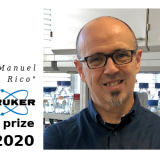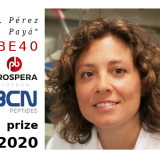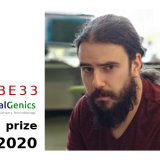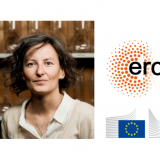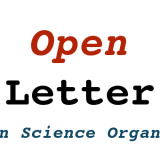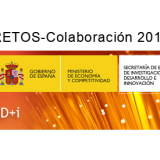European research organizations call upon the European Parliament to encourage society to respect independent science advice and to condemn physical attacks on scientists
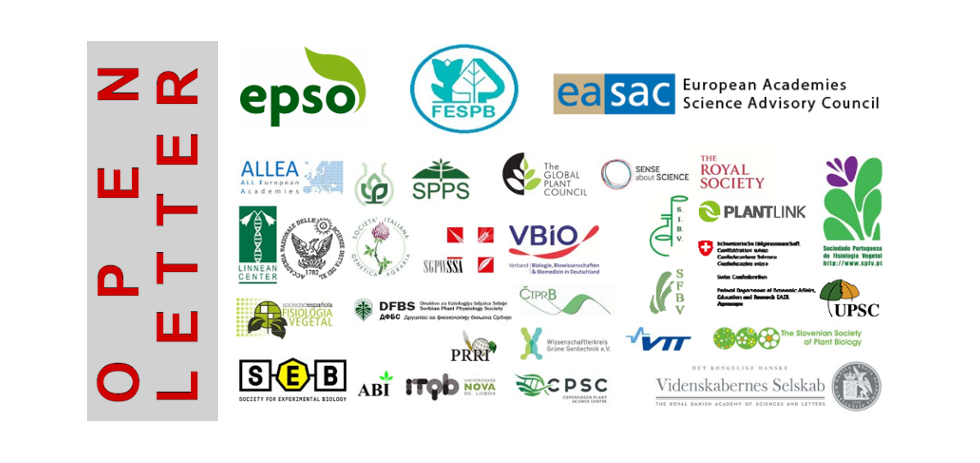
Open Letter
Brussels, 01.07.2016
To the President of the European Parliament, Mr. Martin Schulz
Dear Mr. Schulz,
On 7 th June, the European Food Safety Authority (EFSA) in Parma, Italy, received a package containing explosive material addressed to a scientist providing independent scientific advice to EFSA. This incident followed a forced entry and invasion of the EFSA headquarters last year. The signatories of this letter represent major national and international science organisations. We are deeply disturbed by these attacks and direct this letter to you to express our concern. These cowardly acts are not only attacks on individual scientists performing their duties for an agency of the European Union, and thereby serving the citizens of the EU, they are also attacks on our open and transparent society and on the scientific and intellectual process.
We feel that publicly-funded scientists are experiencing an increasing number of threats in Europe and the rest of the world. In the last few years experimental programmes have been attacked at several locations in Europe, many of them conducting EU-funded research. Similar incidents have occurred in the US, Australasia and the Philippines, and at least four life-threatening attacks have occurred on researchers and research facilities in Latin America
over the last year. Threats to publicly funded scientists are threats to a society which relies on their independent evidence. We see these attacks as resulting from a science-hostile trend that is spreading and inspiring such extremist acts. What is at stake is the independence of science and its essential role in the democratic system of decision-making.
We can no longer remain silent. These violent acts demonstrate a dangerous intolerance of openly expressed expert opinions and of democratic, social and scientific development. We believe in reason and dialogue. Through our work we aim to stimulate innovation, improve livelihoods, minimise environmental impact and provide for a better future. Furthermore, independent scientific advice is crucial to informed debate and appropriate decision-making on complex issues. We are convinced that such acts of aggression not only impede progress, but also destabilise society and undermine democracy.
As EFSA is providing the EU Institutions and Member States with independent scientific advice, there is now a need to act at the European Union level. We call upon the European Parliament to encourage society to respect independent science advice and to unanimously and unconditionally condemn the recent attacks on EFSA, reiterating its support for independent scientific research and investigation, and to propose measures to prevent attacks targeting scientists and/or research facilities. Scientific progress is of essential importance to society. We hope that you appreciate the urgency of this matter and that the European Parliament will show support for the European life sciences sector.
Yours sincerely,
Prof. Jose Pio Beltran
President European Plant Science Organisation, EPSO, www.epsoweb.org
On behalf of the undersigning science organisations, societies and academies:
- Agrobioinstitute, ABI, BG, Rossitza Batchvarova, Director; www.abi.bg
- Agroscope, CH, Michael Gysi, Head; www.agroscope.admin.ch
- Biotechnology Committee of Polish Academy of Sciences, PL, Tomasz Twardowski, President; http://www.kbiotech.pan.pl/en
- Copenhagen Plant Science Centre, CPSC, DK, Poul Erik Jensen, Head; http://cpsc.ku.dk
- Czech National Technology Platform “Plants for the Future”, CZ, Tomas Vanek, Head
- European Academies Science Advisory Council, EASAC, Europe, Jos van der Meer, President; www.easac.eu
- European Federation of Academies of Sciences and Humanities, ALLEA, Europe, Günter Stock, President; www.allea.org
- European Plant Science Organisation, EPSO, International, Jose Pio Beltran, President & Karin Metzlaff, Executive Director; www.epsoweb.org
- French Society of Plant Biologists,SFBV, FR, Anis Limami, President; http://sfbv.snv.jussieu.fr
- German Life Sciences Association, VBIO, DE, Bernd Müller-Röber, President; www.vbio.de
- Global Plant Council, GPC, International, Barry Pogson, President; http://globalplantcouncil.org
- Institute of Experimental Botany of the Academy of Sciences, CZ, Martin Vagner, President; www.ueb.cas.cz
- Instituto de Tecnologia Química e Biológica António Xavier, ITQB NOVA, PT, Cláudio M Soares, Director, Margarida Oliveira & Inês C. Pereira, vice-Directors; www.itqb.unl.pt
- Italian National Academy of Agriculture, IT, Giorgio Cantelli Forti, President
- Italian National Academy of Sciences, IT, Emilia Chiancone, President; www.accademiaxl.it/en.html
- Italian Society of Agricultural Genetics, SIGA, IT, Michele Morgante, President; www.geneticagraria.it
- Italian Society of Plant Biology, SIBV, IT, Paolo Trost, President; www.sibv.it
- Linnean Centre for Plant Biology, SE, Eva Sundberg, Chair; http://lcpu.se
- PlantLink, SE, Leif Bülow, Director; www.plantlink.se
- Polish Society of Experimental Plant Biology, PTBER, PL, Iwona Ciereszko, President; http://ptber.org.pl/default/en
- Portuguese Society of Plant Physiology, SPFV, PT, Jorge Marques da Silva, President Direction SPFV & Margarida Oliveira, President General Assembly SPFV; www.spfv.pt
- Public Research and Regulation Initiative, PRRI, International, Marc Van Montagu, Chair; www.prri.net
- Royal Danish Academy of Sciences and Letters, KDVS, DK, Michael Broberg Palmgren, Representative to EASAC; www.royalacademy.dk
- Scandinavian Plant Physiology Society, SPPS, SE, Stefan Jansson, President; www.spps.fi
- Sense about Science EU, UK, Sofie Vanthornout, Director; www.senseaboutscience.org
- Serbian Plant Physiology Society, SPPS, RS, Jovanka Miljus-Djukic, President; www.dfbs.org.rs
- Slovenian society of plant biology, SL, Spela Baebler, President;
- Society for Experimental Biology, SEB, UK, Paul Hutchinson, CEO; www.sebiology.org
- Spanish Society of Plant Physiology, SEFV, ES, Aurelio Gomez-Cadenas, President; http://sefv.net
- Swiss Society of Agronomy, SSA (SGPW), CH, Roland Kölliker, General Secretary; www.naturalsciences.ch/organisations/sgpw
- The Federation of European Societies of Plant Biology, FESPB, Europe, Stefan Jansson, President; www.fespb.org
- The Royal Society, UK, Venki Ramakrishnan, President; https://royalsociety.org
- VTT Technical Research Centre of Finland, FI, Antti Vasara, President; www.vtt.fi
- Umeå Plant Science Centre, UPSC, SE, Ove Nilsson, Director; www.upsc.se
- Wissenschaftlerkreis Grüne Gentechnik, WGG, DE, Klaus-Dieter Jany, Chair; http://wgg-ev.jimdo.com
Contacts
& Prof. Joachim Schiemann
European Plant Science Organisation
EPSO
T: +34-669638053 (JPB)
T: +49-3946-47503 (JS)
jbeltran@ibmcp.upv.es
joachim.schiemann@jki.bund.de
Federation of European Societies of Plant Biology
FESPB
T: +46-70-677-2331
stefan.jansson@umu.se
European Academies’ Science Advisory Council
EASAC
T:+49 345 4723 9833
secretariat@easac.eu
About EPSO
EPSO, the European Plant Science Organisation, is an independent academic organisation that represents more than 220 research institutes, departments and universities from 28 European countries, Australia, Japan and New Zealand, and 3.300 individuals Personal Members, representing over 28 000 people working in plant science. EPSO’s mission is to improve the impact and visibility of plant science in Europe, to provide authoritative source of independent information on plant science including science advice to policy, and to promote training of plant scientists to meet the 21st century challenges in breeding, agriculture, horticulture, forestry, plant ecology and sectors related to plant science. www.epsoweb.org
About FESPB
FESPB, the Federation of European Societies of Plant Biology (formerly the Federation of European Societies of Plant Physiology) was founded in 1978 and today it is one of Europe ‘s largest and most widely representative society of Plant Scientists. The aims of FESPB are to advance research, education, and the exchange of information amongst plant biologists within Europe and beyond, and to support the publication of the results of research through its six affiliated international journals. www.fespb.org
About EASAC
EASAC, the European Academies’ Science Advisory Council, is formed by the national science academies of the EU Member States to enable them to collaborate with each other in providing independent science advice to European policy-makers. It thus provides a means for the collective voice of European science to be heard. EASAC was founded in 2001 at the Royal Swedish Academy of Sciences. National science academies recognise that the scope of their advisory functions needs to extend beyond the national to cover also the European level. Through EASAC, the academies work together to provide independent, expert, evidence-based advice about the scientific aspects of public policy to those who make or influence policy within the European institutions.
www.easac.eu
